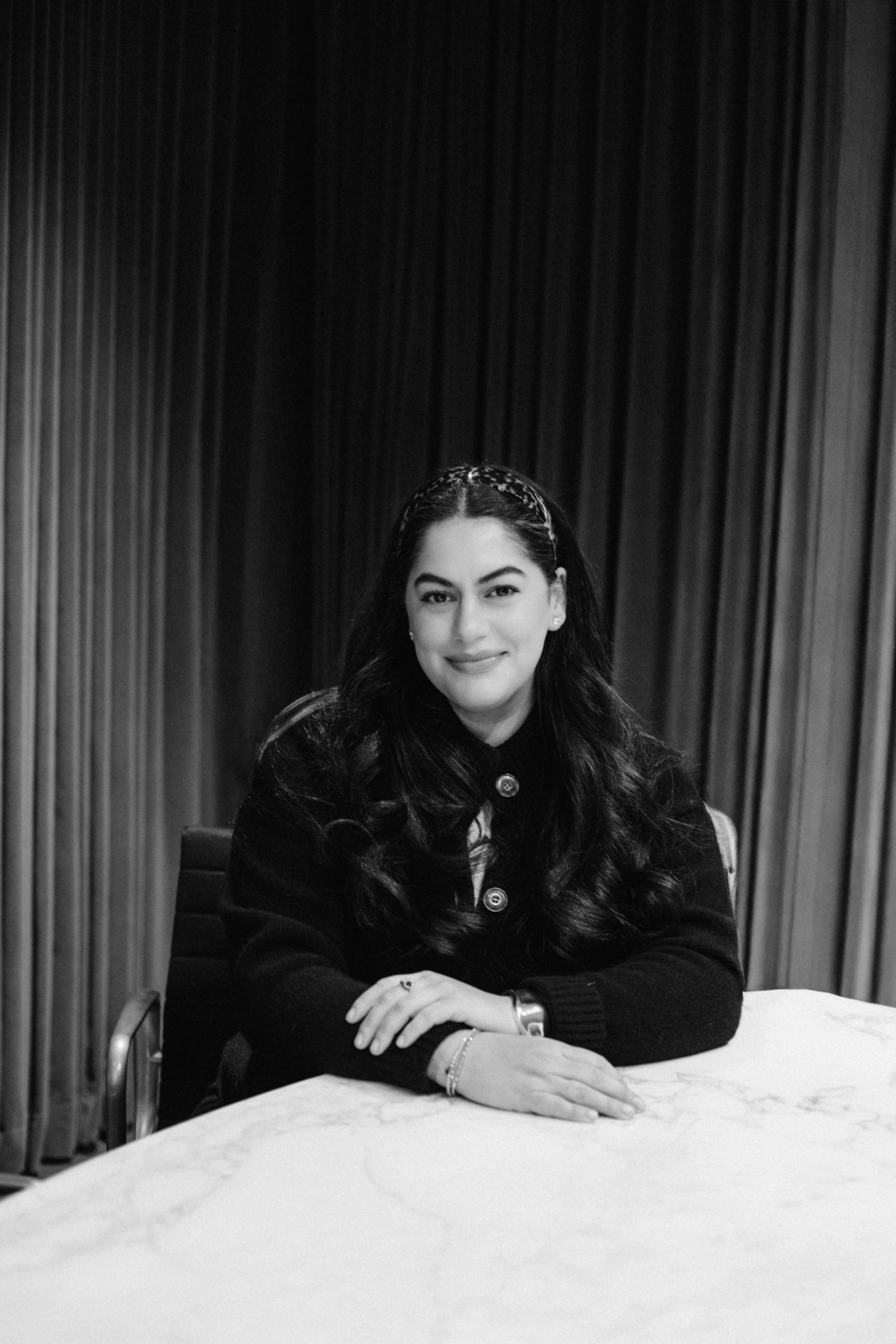The Effects on Your Body After 30 Days of Abstaining from Alcohol

Whether it's known as Dry January, Sober October, or simply deciding to live alcohol-free for a month, this trend is on the rise and for good reason. While having a drink occasionally can provide relaxation and enjoyment in moderation, the damaging health effects of alcohol are increasingly being discovered. The unsightly reality is that, excessive intake of alcohol may result in short-term hazards such as vehicle accidents and violent behavior, and long-term health problems such as hypertension, compromised immune system, and certain types of cancer, as pointed out by the Centers for Disease Control and Prevention (CDC).
Should you feel the urge to temporarily halt or completely eliminate your alcohol consumption, there are many who share your thinking. By 2023, 15 percent of American adults stated their intent to participate in Dry January, a 30-day alcohol-free period at the start of the year. Missed taking part in Dry January? That's not a problem. You can start your detoxification journey at any time—there aren't any guidelines specifying when to have a break.
Taking a break from alcohol for a month could provide a mental and physical reset that could yield surprisingly extensive advantages. This article will examine what happens to your body when you abstain from drinking for 30 days.
Although a nightcap such as a cocktail is believed to induce sleepiness, the truth is, alcohol is more liable to disrupt your sleep rather than aid it. A 2015 study involving male subjects discovered that those who consumed more alcohol had substantially worse sleep quality and duration as well as more sleep disturbances than their less-drinking counterparts.
Conversely, abstaining from alcohol could significantly enhance your quality of sleep. A study conducted in 2022, for instance, examined the effects of going alcohol-free for a month. The authors concluded that even participants who didn't fully abstain reported improved sleep. Those who did completely abstain even showed more noticeable benefits.
Alcohol acts as a depressant. In other words, it reduces brain function and neural activity. Hence, while a drink might give you a relaxed feeling, it can ultimately leave you feeling drained of energy when you most need it.
A month-long abstinence from alcohol could restore your energy levels! In the study that examined the effects of going alcohol-free for a month, 52 percent of participants reported better energy levels.
It's no secret that alcohol is harmful to the liver. So how does this essential organ react when you stop drinking alcohol? Its performance could actually improve. Consuming an excessive amount of alcohol places strain on your liver. According to Jenna Volpe, RDN, LD, CLT, founder of Whole-istic Living, relieving this everyday pressure might not only enhance liver function but might also restore hormonal balance.
The gut microbiome, with its essential role in overall health, is becoming better understood. A healthy microbiome is linked with lower rates of depression and anxiety and diminished risk of heart disease and type 2 diabetes, among other health benefits.
However, the gut, like many of the body’s systems, is adversely affected by alcohol. Alcohol disrupts the healthy bacterial balance in the gut, leading to a condition called dysbiosis. Dysbiosis can potentially give rise to various health problems including irritable bowel syndrome (IBS), inflammatory bowel disease (IBD), and autoimmune disorders if not managed.
Interestingly, a one-month break from alcohol might be sufficient for your gut to recover from some alcohol-related problems. Volpe suggests that while a 30-day alcohol abstinence may not be enough to tackle long-lasting gut issues, it can certainly help to make a start towards the right path.
Even on the most microscopic level, alcohol is no friend to your health. As an inflammatory agent, it causes damage to your cells. Take it out of your diet and you could promote some serious cellular healing. “From an inflammation standpoint, removing alcohol as a dietary source of inflammation will make cellular repair easier, since there will be less cell damage taking place in need of repair,” says Volpe. “I believe 30 days is a significant enough block of time for this to make a difference.” You might see these changes show up as a more youthful appearance of your skin, elevated mental sharpness, or faster wound healing.
Here’s a nice little bonus you might reap from giving up alcohol: a lower number on the scale. “Alcohol is a significant source of empty calories, so giving it up may result in weight loss for some people, especially if they were consuming it regularly before,” Volpe notes. Since alcohol impairs fat metabolism, taking a break from it can also help your body get back to its proper metabolic function. Not surprisingly, in the study on people who stopped drinking for a month, 38% experienced weight loss.
Alcohol has a way of dulling negative emotions in the moment—but it’s not a solution for life’s problems. In fact, its blurring effects are the opposite of emotional clarity. Ditching drinks for 30 days could bring real improvements for emotional health. One study found that people’s levels of stress and anxiety as well as their relationships got better when they embraced sobriety.
If you’ve decided to go zero-proof for Dry January or any other purpose, staying the 30-day course will likely result in some impressive benefits. Physically, you might experience better sleep, weight loss, improved gut function, and greater energy, while emotionally you might find you feel lighter and brighter.
To ensure your success, surround yourself with friends and family who will support your alcohol-free journey. (And if you believe you might have a problem with alcohol, seek help. The Substance Abuse and Mental Health Services’ hotline is always available at 1-800-662-HELP(4357).) Realize, too, that the path toward a healthier relationship with alcohol isn’t necessarily linear. Celebrate your wins and be sure to forgive yourself for any lapses. Hang in there—in the end, kicking the alcohol habit is worth it for your well-being.




